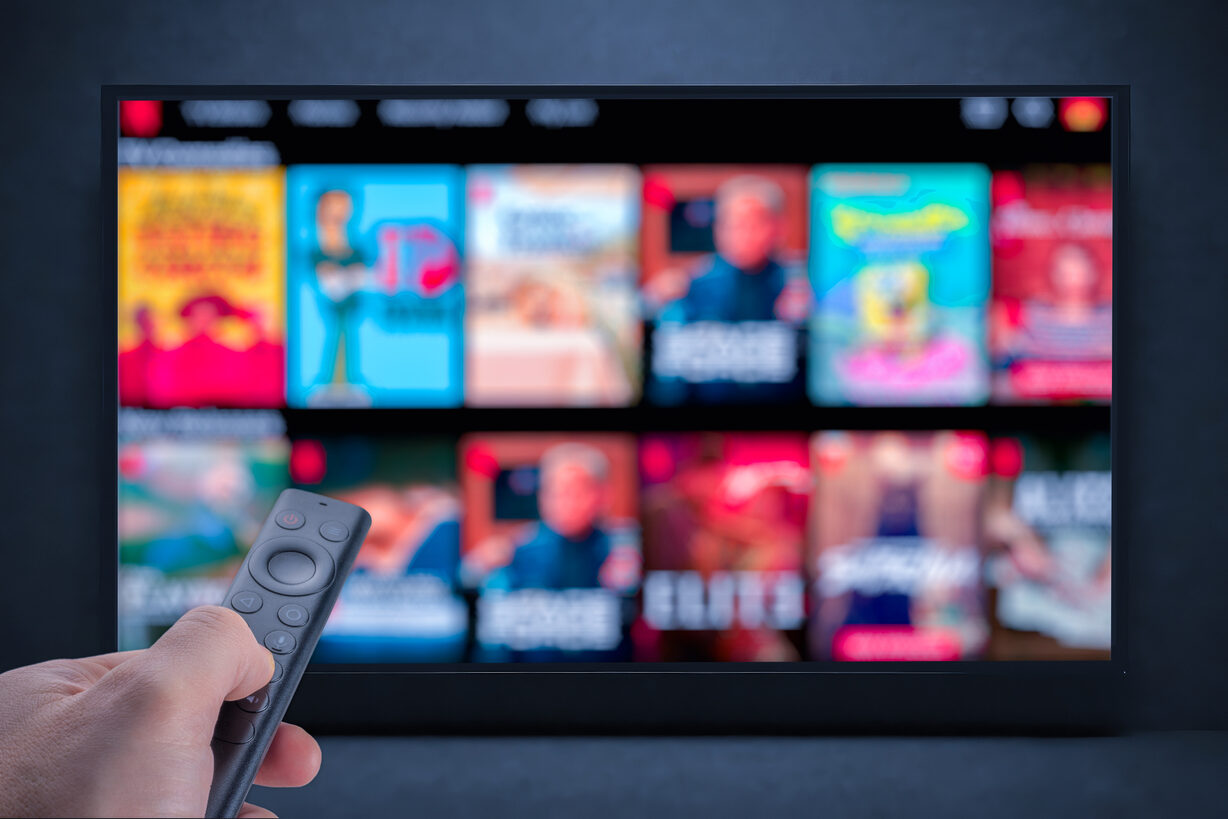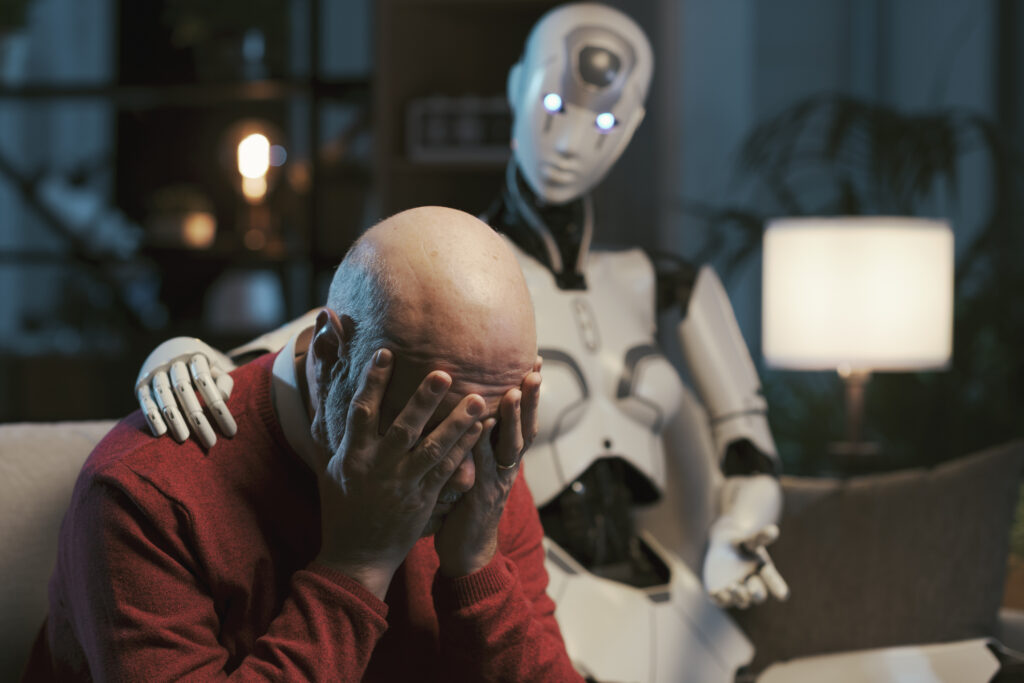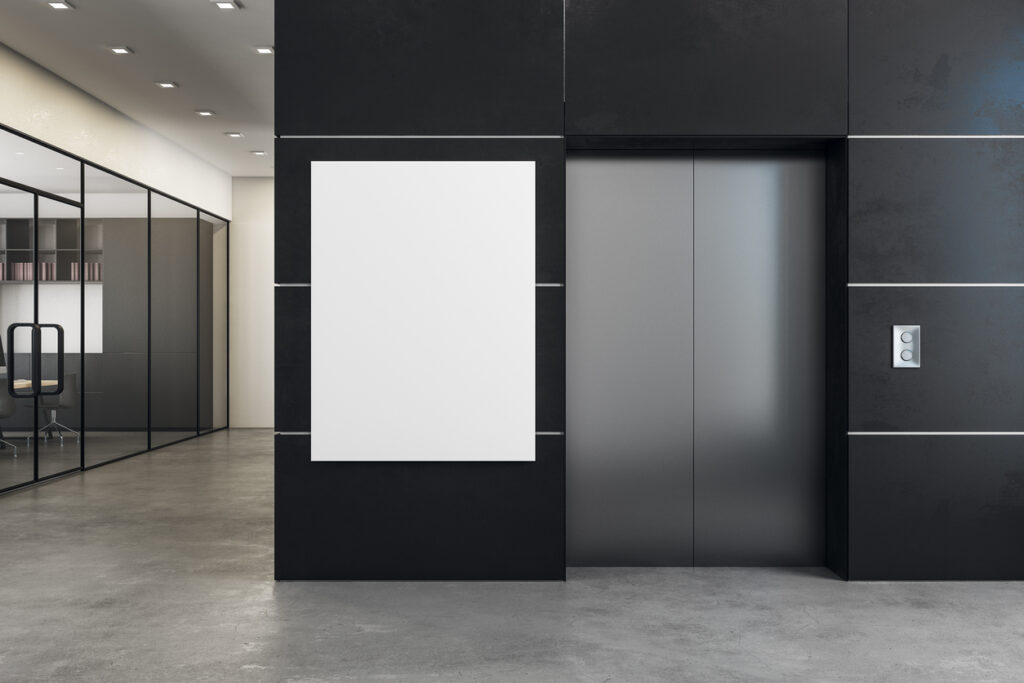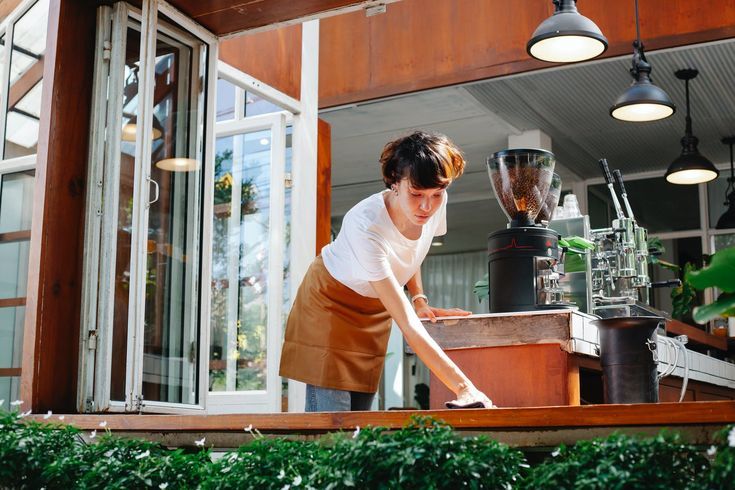1. We drive almost everywhere

Walking used to be second nature. Trips to the corner store, a friend’s house, or even work often meant a stroll. Now cars handle nearly all of it. Even short distances are skipped because driving feels quicker and easier. Over time, this choice replaces thousands of steps we never think twice about. The convenience is real, but the tradeoff is subtle. We end up losing the quiet exercise that used to sneak into our routines. The car may save minutes, but it quietly steals the small movements that once kept us active without effort.
2. Online shopping replaced errands

Errands once meant heading outdoors, browsing shelves, and carrying items home. It was part of the rhythm of life, offering small bursts of movement without much thought. Now everything can be ordered online, from groceries to clothing, even medicine. While it feels efficient, it removes the act of walking through stores or making short trips. Clicking and waiting for a delivery skips the steps entirely. What used to be built-in exercise is now gone, replaced by sitting and scrolling. Modern convenience has transformed errands into sedentary habits, with fewer reasons to step outside or stay active daily.
3. We sit at desks all day or on sofas

Work used to involve natural movement. Filing papers, walking to meetings, and handling physical tasks meant steady activity. Now most jobs happen entirely on screens, locking us into long hours at desks. Sitting has become the default, not just for work but also for meetings, emails, and planning. Even when breaks come, they are often spent sitting more. This change has made our days stiller than ever. Without built-in movement at work, we rely on intentional exercise instead of enjoying activity woven naturally into the flow of the day, leaving many of us far less active.
4. Streaming replaced activities

Entertainment has shifted from being active to being passive. People once filled evenings with hobbies, gatherings, or outdoor activities. Today, streaming dominates, encouraging long hours on the couch. Watching one episode often turns into a marathon, where hours slip by without standing up. The movement that came with older pastimes has been replaced by sitting still, remote in hand. It feels relaxing, but it keeps us motionless for longer than we realize. The habit of binge-watching removes the balance of play, socializing, and small physical activity, leaving us more sedentary in the name of entertainment and comfort.
5. Phones replaced face-to-face errands

Phones have made everything instant. A text replaces a walk across the office, an app replaces a trip down the block, and video calls replace in-person check-ins. These shortcuts make life efficient but take away the tiny moments of movement that once filled our days. Instead of walking for answers or errands, we sit and scroll. It may seem small, but those skipped steps accumulate. The body loses chances to stretch, stand, and reset. Our reliance on phones has shrunk our worlds to handheld screens, where convenience overshadows the natural movements once tied to simple daily interactions.
6. We have robot helpers

Chores once guaranteed motion. Sweeping floors, mowing the lawn, or scrubbing dishes kept us moving steadily without thinking. Today, machines handle much of it. Robot vacuums roam the house, dishwashers do the cleaning, and even self-cleaning litter boxes reduce effort. These tools save time but also take away regular bursts of activity. The bending, lifting, and walking built into household work are vanishing. It feels like progress, yet it quietly means fewer natural workouts. We gain convenience but lose the subtle exercise woven into everyday upkeep, leaving us more still inside our homes where we spend most time.
7. Food is delivered faster than ever

Dinner once meant planning, shopping, and cooking, all of which required movement. Today, food delivery makes it possible to eat without leaving the couch. Ordering is fast, and the wait requires no effort. Instead of walking to a restaurant or preparing a meal, we stay seated and let someone else do the moving. While it saves energy and time, it also cuts out the natural steps and motions that once came with feeding ourselves. With each skipped grocery run or kitchen session, daily activity shrinks. Meals now bring comfort but less opportunity for staying physically engaged.
8. Kids play indoors

Childhood used to mean outdoor games, bike rides, and playground adventures. Now screens dominate, keeping kids inside more than ever. Video games and streaming shows have replaced the active play that once defined afternoons. Parents no longer call children in when the streetlights flicker on, because they are already indoors, sitting still. This shift is reshaping habits early on, teaching children to spend leisure time seated instead of moving. What was once free and energetic exercise has become limited. Kids are more sedentary, and the playful steps of running, climbing, and chasing have quietly slipped away.
9. Elevators are everywhere

Stairs once provided a natural way to stay active, but now elevators and escalators dominate. They are often easier to find than staircases, making standing still the default choice. Even when going just one or two floors, many skip the steps because the elevator is right there. This change removes countless small chances for exercise. Taking stairs was once ordinary, but today it feels like an exception. Elevators save effort, yet they also steal moments of motion our bodies need. Each button press replaces a climb, leaving another gap in the natural rhythm of everyday movement.
10. We work from home

Working from home has redefined routines. Without commutes, trips to the office kitchen, or walking to meetings, entire days can pass with minimal movement. While remote work brings comfort and flexibility, it also reduces steps and breaks that were once automatic. Lunch outings and walks to transportation have been replaced by sitting in the same spot for hours. Even coffee breaks happen at home, only a few feet away. The convenience of remote work quietly erases movement. What feels efficient leaves us with fewer reasons to get up and move, turning days into long stretches of stillness.
11. Apps do the legwork

Banking, shopping, and even social connections used to mean getting out of the house. Now apps handle it all, cutting the need for real-world movement. Depositing checks, ordering groceries, or even meeting new people can happen from the couch. This shift removes the incidental activity that once kept us moving without effort. Every small errand replaced by an app equals fewer steps and less variety in our routines. While the convenience is undeniable, it also shrinks the space where natural activity used to live. Tasks are completed faster, but at the expense of the physical energy they once required.
12. We outsource more chores

Household work was once unavoidable, offering steady exercise through cleaning, gardening, and laundry. Today, outsourcing has become common, with services handling everything from house cleaning to lawn care. While it frees up time, it also removes another source of natural activity. Folding clothes, sweeping, and trimming bushes may not have felt like workouts, but they kept us moving. With others doing it for us, we gain ease but lose the small motions that add up. The daily labor that once doubled as exercise disappears, replaced by stillness while someone else carries the physical load for us.
13. Fitness is now a “separate” activity

Because movement has been trimmed from daily life, exercise has become something we schedule. Gyms, classes, and workouts now fill the role that errands, chores, and commuting once covered naturally. Activity has turned into a task instead of a background part of living. While this shift helps people stay intentional about health, it also highlights how far we have drifted from natural motion. Fitness is no longer woven into the day but isolated into set times. It shows how much convenience has restructured life, leaving movement as something deliberate rather than effortless and constant.
This story 13 Ways Modern Life Made Us Move Less (Without Even Realizing It) was first published on Daily FETCH \


